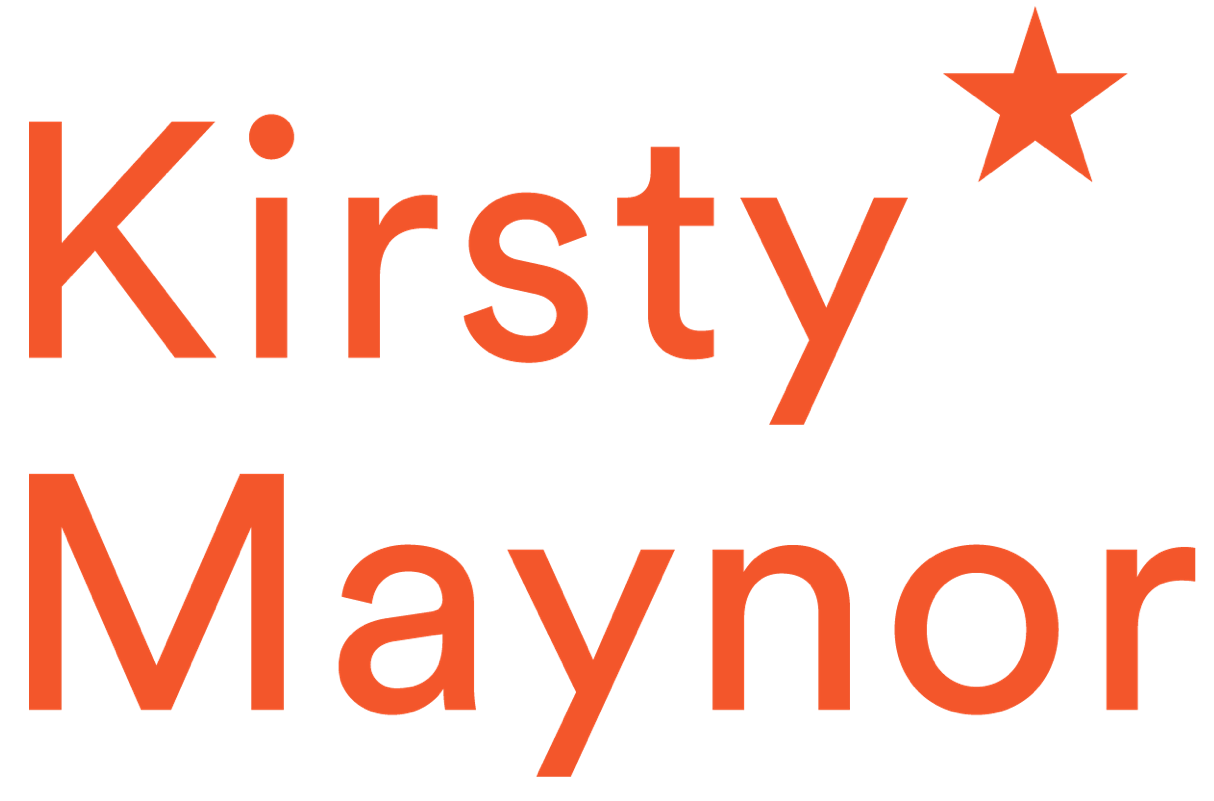The Cleanup Operation
No matter how intentionally we try to live our lives, it’s inevitable that at times, we will find ourselves in sticky situations, usually when it comes to our interactions with other people. Sometimes this is through no fault of our own, but it’s always worth reflecting on our own role - and culpability - in a situation, because things are rarely black and white.
Most of us have been in situations in which we’ve unintentionally trodden on someone else’s toes, communicated something badly, been a bit insensitive, or simply annoyed or upset someone with something we’ve said. And we’ve also all been on the receiving end at one time or another. Nobody’s perfect, and sometimes we get it wrong. But the good news is that with a little courage, effort and empathy, difficult situations can often be repaired. I like to call this “The cleanup operation”.
The cleanup operation isn’t easy: cleaning up a messy situation means leaning into it, instead of taking the easy option and pretending nothing has happened (or running away!). But it is worthwhile. By taking the time to acknowledge when we’re in a difficult situation with another person - whether through something they have said or done, or because we have hurt or offended them in some way - and considering their views and feelings in addition to our own, it’s actually possible to deepen, strengthen and improve the relationship.
If you find yourself in a sticky spot with another person and you’re not sure how to move forward, then I recommend embarking on your own cleanup operation, particularly if it involves someone - or an issue - which is very important to you. In her Dare to Lead™ training, Brené Brown describes this as “rumbling with vulnerability”, which essentially means choosing courage over comfort, and not shying away from vulnerability and uncertainty in your interactions with other people. Here are some tips for beginning that cleanup operation. It will probably feel uncomfortable and it might not always work, but when it does, I promise it will be worth it.
“Pause when you’re about to react harshly and you’ll avoid doing and saying things you’ll later regret.” - Lori Deschene
Take some time to reflect on what’s happened before you respond: for me, this usually means sleeping on something before I react in a knee-jerk way. Believe me, you will almost always feel calmer the next day.
“The most difficult step ever is the first step. It comes with doubts, certainties and all sorts of fears.” - Israelmore Ayivor
Don’t always wait for the other person to make the first move: whether you believe you’re in the wrong or they are, take the higher ground and make the call, or send the text or email. Waiting for them to approach you could mean that the issue is never resolved. In her work, Brené Brown emphasises the importance of being more daring in our daily lives - particularly when it helps us to live in a way which is true to our authentic selves - and making the first move certainly requires more than a dash of courage.
“Those who cannot attack the thought, instead attack the thinker.” - Paul Valéry
When you do respond, make sure that your words are fair, measured and not too personal, especially in a professional environment. Be clear and specific about what you want to say, and avoid personal attacks.
“In the end we are always rewarded for our good will, our patience, fair-mindedness, and gentleness.” - Friedrich Nietzsche
Give other people the benefit of the doubt: this can be extremely challenging - particularly if we feel offended or hurt - but approaching the matter with an open mind and giving them the chance to explain might help you to see things from a different perspective.
“Courage is what it takes to stand up and speak; courage is also what it takes to sit down and listen.” - Winston Churchill
Listen more than you talk: if we really want to understand someone else’s point of view, it doesn’t really help to keep focusing on how things look from our own point of view.
Personally speaking, the cleanup operation is something that I find very difficult, but I know from experience that it can be an important step in strengthening a relationship. It’s not easy, it might not work every time and we won’t always get it right: as parents, partners and even friends, we often mess things up and say things that can have an unintended impact and hurt the people we love most. But my time as a Dare to Lead™ facilitator has taught me the importance of being more self-aware and courageous: I’m committed to making changes in my behaviour, which also means committing to the cleanup operation.
Just don’t forget to give yourself permission to get it wrong and try not to judge anybody. One of the most valuable lessons that I’ve learned as a facilitator of Dare to Lead™ is to always try to remain open-minded and non-judgemental, especially with yourself! The important thing is to salvage and repair what you can from a messy situation - if you want to of course, but that’s a whole different blog topic. If, in the end, the result is that we make deeper connections with each other and ourselves in the process, then it’s more than worth the effort.
